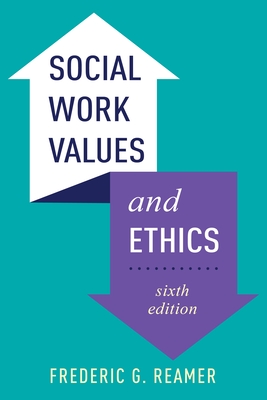
description
ioners have turned to Frederic G. Reamer's Social Work Values and Ethics as the leading introduction to ethical decision making, dilemmas, and professional conduct in practice. A case-driven, concise, and comprehensive textbook for undergraduate and graduate social work programs, this book surveys the most critical issues for social work practitioners. This sixth edition incorporates significant updates to the National Association of Social Workers Code of Ethics and discussion of challenging issues related to cultural competency, antiracism, moral injury, human rights, environmental justice, ethical humility, non-Western perspectives on ethics, and practitioner self-care. Reamer also focuses on how social workers should navigate the digital world through discussion of the ethical issues that arise from practitioner use of online services and social networking sites to deliver services, communicate with clients, and provide information to the public, and he examines the standards that protect confidential information transmitted electronically. He highlights potential conflicts between professional ethics and legal guidelines and expands discussions of informed consent, confidentiality and privileged communication, boundaries and dual relationships, documentation, conflicts of interest, and risk management. Conceptually rich and attuned to the complexities of ethical decision making, Social Work Values and Ethics is unique in striking the right balance among history, theory, and practical application.
member goods
No member items were found under this heading.
Return Policy
All sales are final
Shipping
No special shipping considerations available.
Shipping fees determined at checkout.







